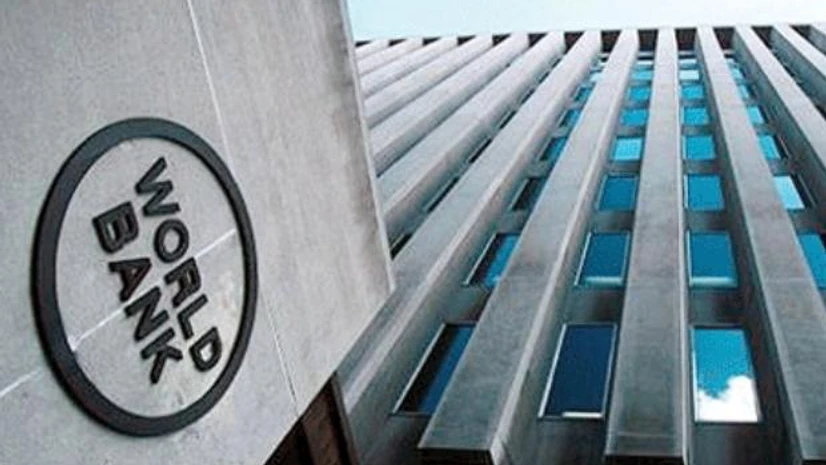The G20 Global Partnership for Financial Inclusion document prepared by the World Bank has recommended the use of digital public infrastructure (DPI) for productivity gains and encouraged appropriate risk-based regulation, supervision, and oversight arrangements for the financial sector use of DPIs.
Prime Minister Narendra Modi in a tweet said: “A G20 document prepared by the World Bank shared a very interesting point on India’s growth. India has achieved financial inclusion targets in just six years, which would otherwise have taken at least 47 long years.”
The report has cited the example of Aadhaar, which along with Jan Dhan bank accounts and mobile phones, has played a critical role in moving ownership of transaction accounts from one-fourth of adults in 2008 to over 80 per cent now.
Other examples of DPIs include Singapore’s Singpass, the Philippines' PhilSys, UAE-Pass, and fast payment systems such as India's UPI, Brazil's Pix, Turkiye's FAST, among others.
In a set of indicative, voluntary, and non-binding recommendations, the report has said countries should develop well-designed DPIs and the broader enabling environment through a widely accepted set of good practices along with sound internal governance arrangements.
“Enable DPIs to offer products and services in a way that no one is left behind and the interests of the consumer are safeguarded,” the report added.
More From This Section
Some of the challenges that DPIs could bring include legal and regulatory, and insolvency risks, which can endanger the ecosystem at large if some of its critical components were to become financially unsustainable. Financial consumer protection risks could also be heightened by misuse of DPIs.
“DPI, if well managed, can lower transaction costs, catalyse innovation, foster competition and interoperability, and enhance user experiences and choice.”
The World Bank report also said that the digitalisation of remittances is an opportunity to increase access to and usage of these accounts, which would also reduce associated transaction costs. The report has highlighted that DPI can help address challenges such as access to formal credit faced by the MSMEs. Digital payment systems can also help small and medium enterprises to build credit history, which can help in accessing formal sources of finance such as bank loans.
“Data exchange can also facilitate the use of alternative data sources and big data analytics to provide additional information sources to the credit risk-assessment process of MSMEs,” the report said.

)
